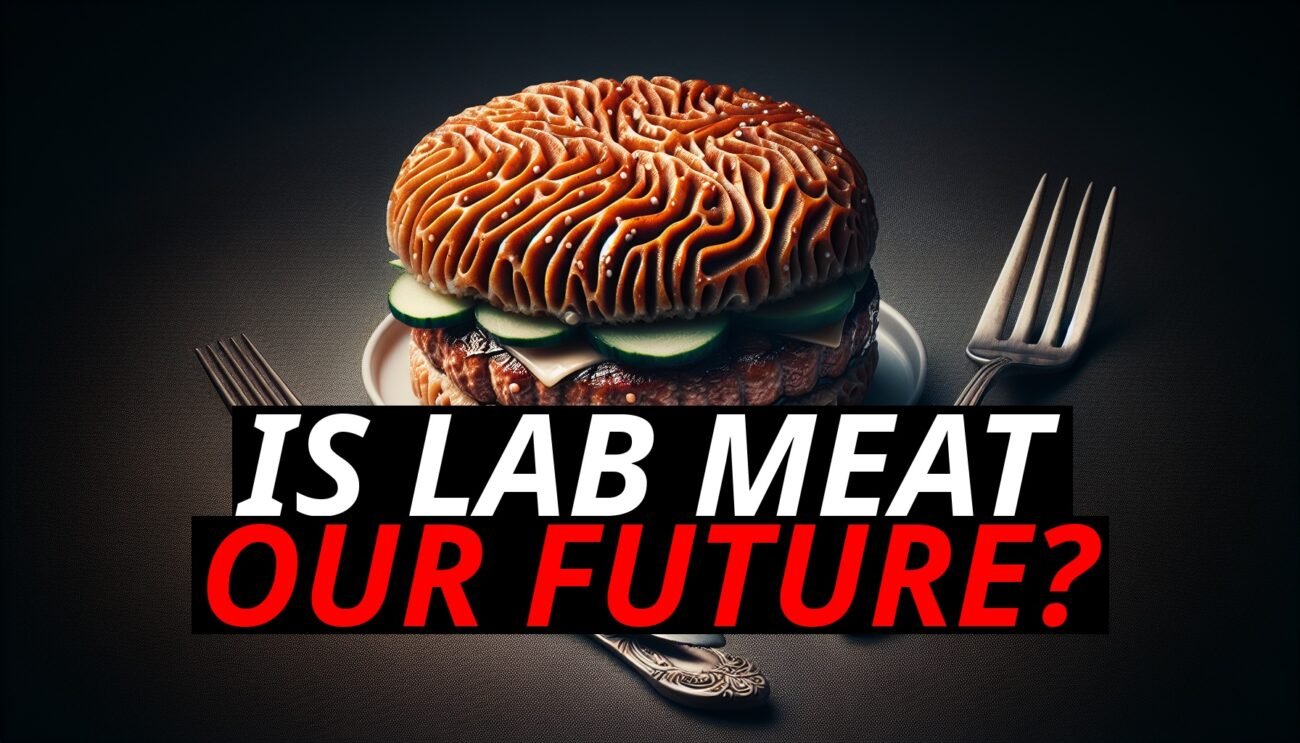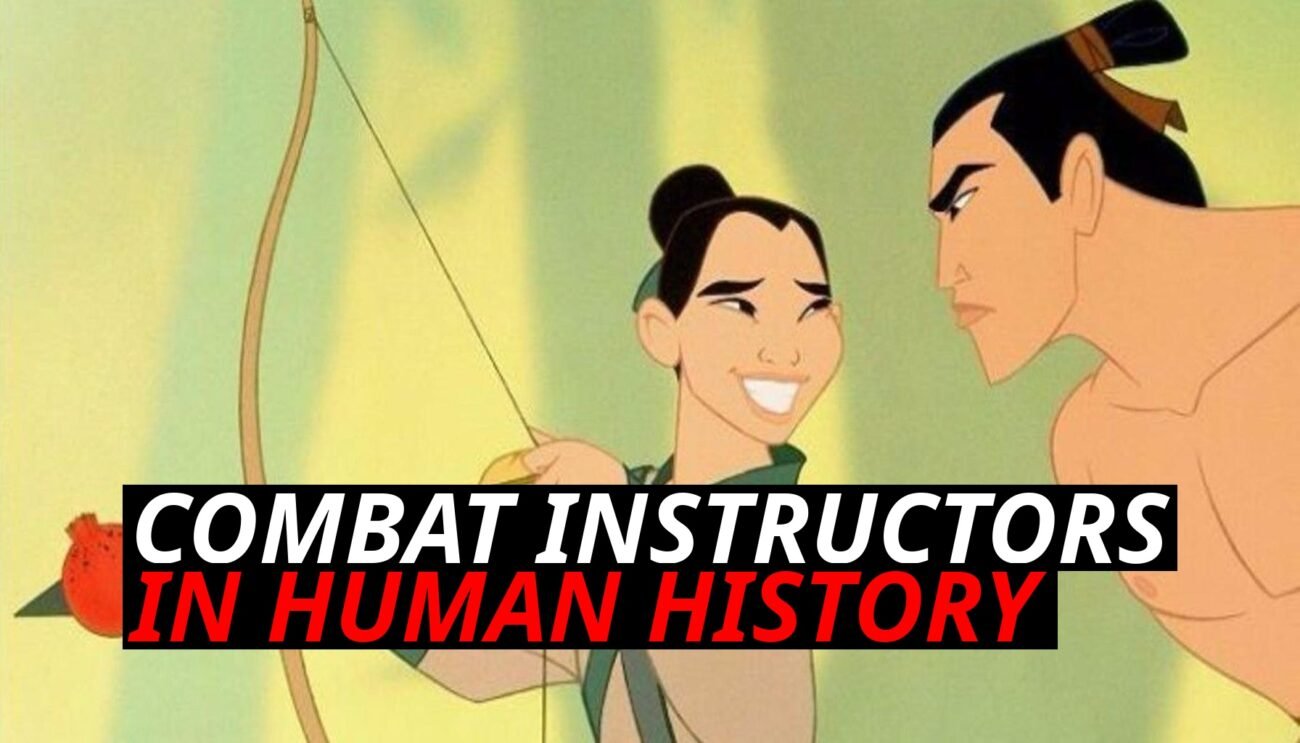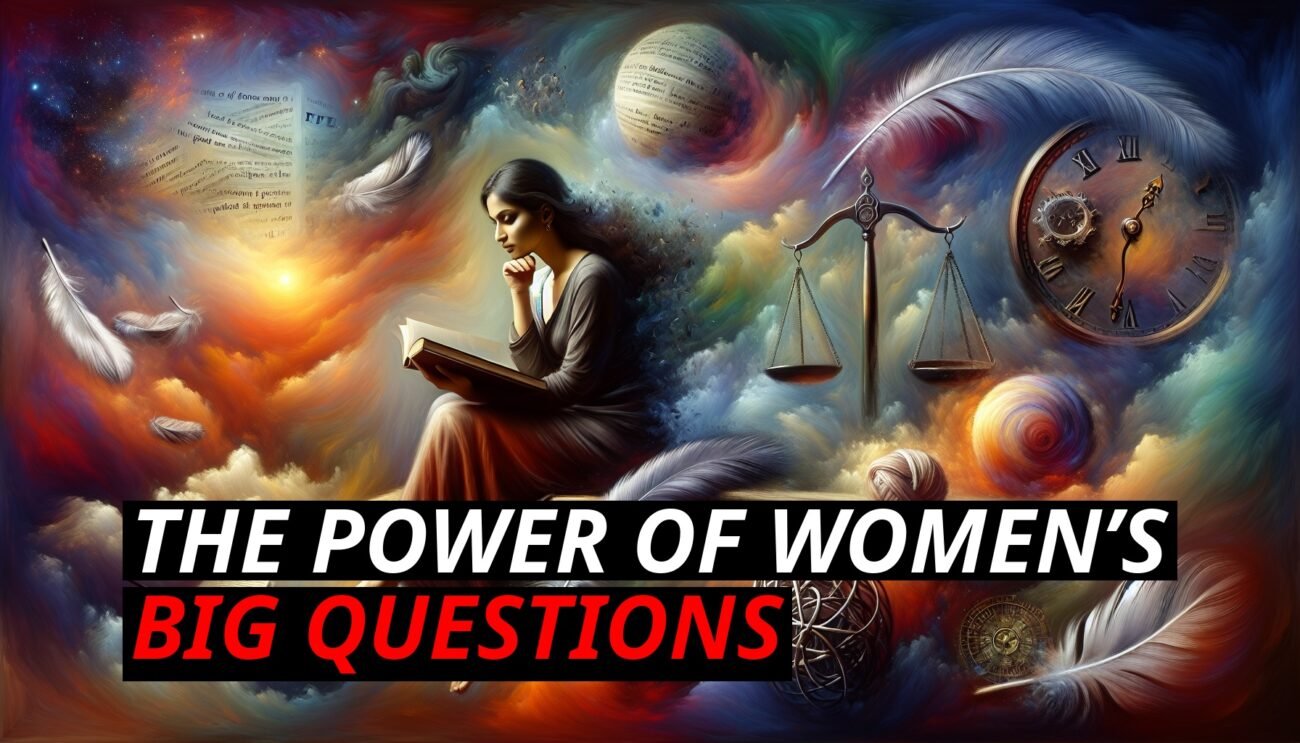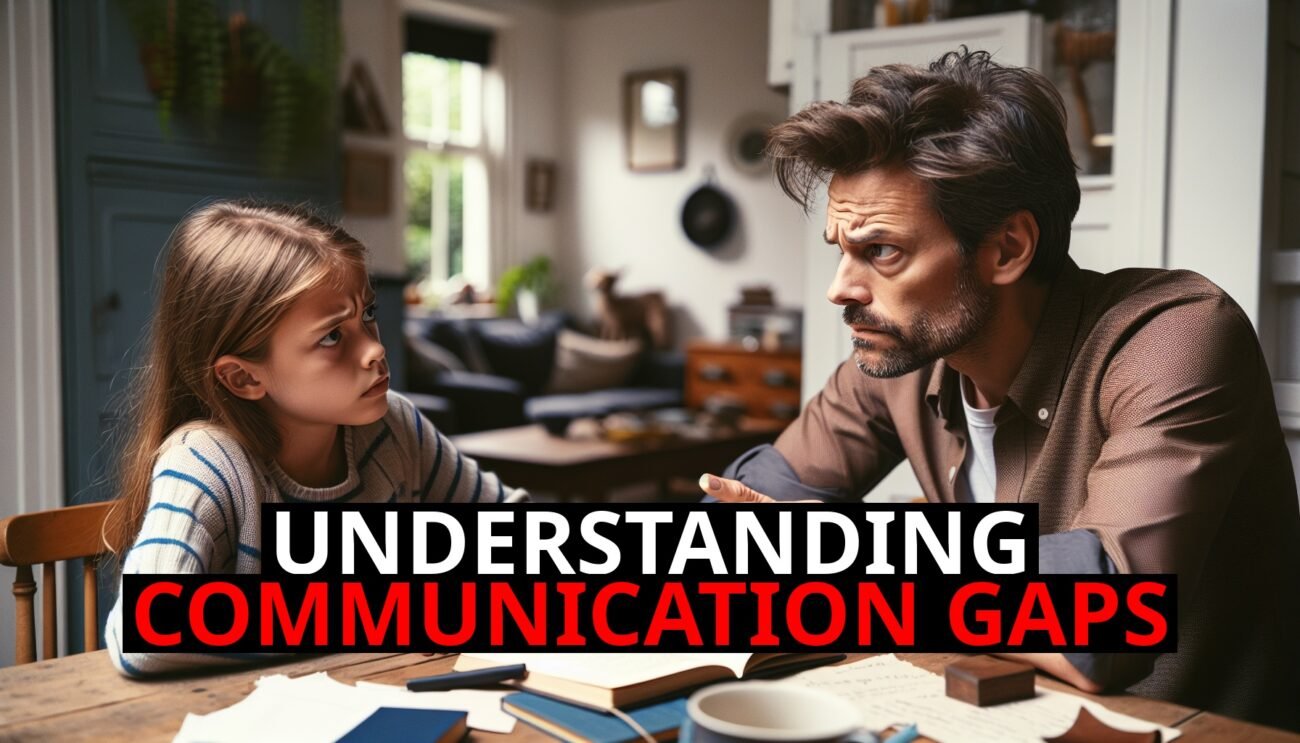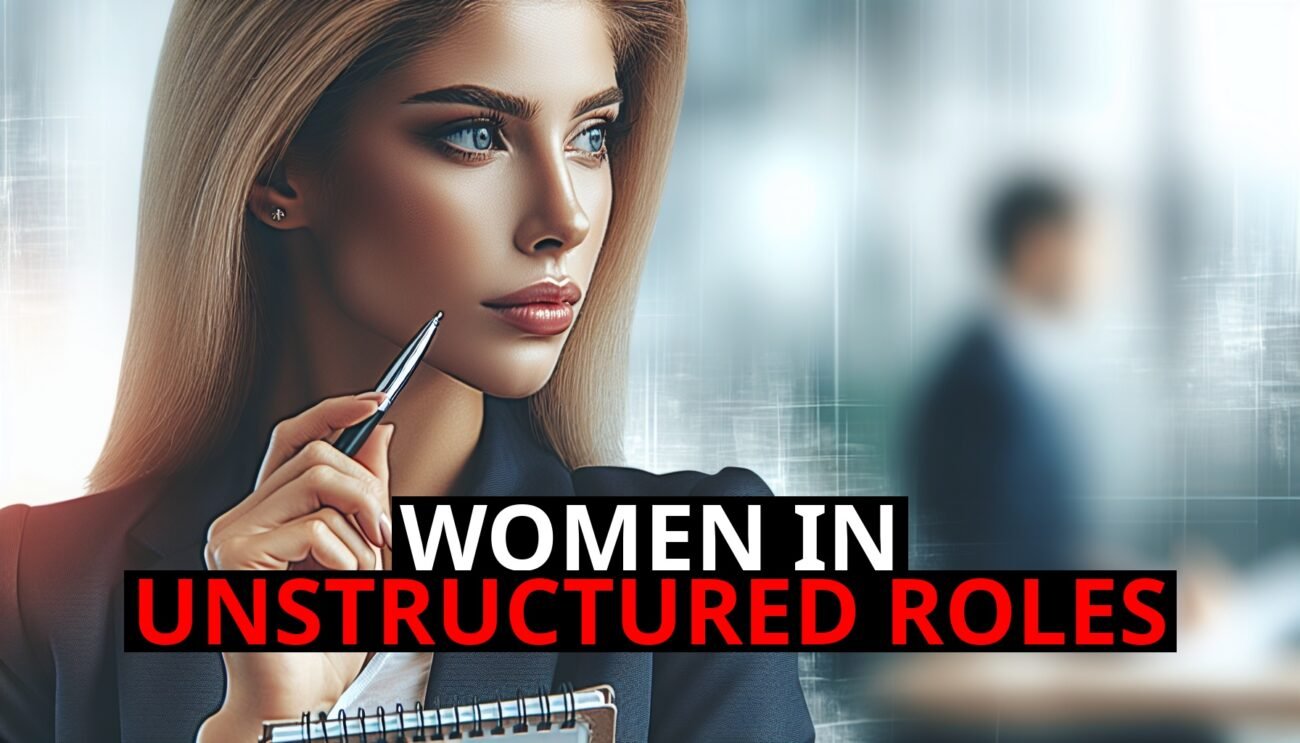Imagine a world where everyone has equal opportunities to succeed, yet the specialized skills that drive innovation and progress remain intact. Is this an achievable balance, or does specialization inherently create inequality? Modern societies are grappling with this question, trying to reconcile the historical advantages of specialization—often rooted in patriarchal systems—with the push for greater gender equality.
The journey toward balancing these forces is reshaping how we work, innovate, and build our futures.
The Historical Link Between Specialization And Inequality
Specialization has always driven progress, but it has also created hierarchies:
- Patriarchal Advantage: Historically, men dominated specialized roles, such as blacksmithing, engineering, and leadership, because of physical demands, cultural norms, and access to training.
- Reward Structures: Specialists were often rewarded with higher status, wealth, or influence, reinforcing societal inequalities.
- Exclusion of Women: Women were typically confined to universal roles like caregiving and reproduction, which, while vital, lacked the scarcity-driven value of specialized trades.
This system propelled societal advancement but left little room for equality, as specialization prioritized the few over the many.
How Modern Shifts Are Changing The Landscape
Today, the dynamics of specialization are shifting, thanks to technological advances and changing cultural norms:
- Automation and Technology: Machines are taking over many physically demanding or repetitive tasks, leveling the playing field and enabling more people—regardless of gender—to engage in specialized roles.
- Education Access: Increased access to education has opened pathways for women and underrepresented groups to enter fields traditionally dominated by men, such as science, technology, and engineering.
- Redefining Value: Societies are beginning to recognize the importance of traditionally undervalued roles, such as caregiving and emotional labor, creating a broader definition of specialization.
These shifts are breaking down historical barriers, but they also raise new questions about how to maintain fairness while fostering progress.
The Challenges Of Balancing Specialization With Equality
While progress is being made, achieving a true balance between specialization and equality remains complex:
- Reward Disparities: Specialized roles still tend to command higher rewards, creating gaps between specialists and generalists, regardless of gender.
- Cultural Bias: Despite advancements, societal expectations often push men and women into traditional roles, limiting opportunities for equal participation in certain fields.
- Economic Pressures: Specialization requires significant investment in training and education, which can disproportionately exclude individuals from disadvantaged backgrounds.
Balancing specialization with equality isn’t just about breaking stereotypes—it’s about addressing systemic barriers that perpetuate inequality.
Technology’S Role In Leveling The Playing Field
Technology is a double-edged sword in the quest for balance. On one hand, it democratizes access to specialized skills; on the other, it creates new divides:
- Upskilling Opportunities: Online education platforms and automation tools make it easier for individuals to learn specialized skills, regardless of their background.
- Job Polarization: As technology replaces some roles, it can create a gap between highly specialized positions and low-skill jobs, exacerbating inequality.
- Global Competition: The digital age connects global talent pools, increasing competition for specialized roles while potentially driving down wages in certain fields.
Technology has the potential to bridge gaps, but it must be paired with policies that ensure equitable outcomes.
The Future Of Societal Structures
To achieve a sustainable balance, modern societies must rethink how they value and support both specialization and equality:
- Redefining Work: Expanding the definition of valuable work to include caregiving, teaching, and emotional labor can create a more inclusive system.
- Equitable Training Systems: Providing access to education and mentorship for all genders and backgrounds ensures that specialization isn’t limited to the privileged.
- Collaborative Leadership Models: Moving away from rigid hierarchies toward more collaborative systems can foster equality without sacrificing progress.
The challenge lies in creating systems that value every contribution while still incentivizing the innovation that drives societal advancement.
Can Equality And Specialization Truly Coexist?
The answer isn’t simple, but history offers lessons. Societies thrive when they leverage the full range of human potential, and equality doesn’t mean sameness. It means creating opportunities for everyone to excel in their chosen fields, whether through specialized training or universal contributions.
By investing in education, technology, and cultural change, modern societies can move closer to a balance where specialization and equality aren’t competing forces but complementary strengths.
Final Thoughts
Specialization has been humanity’s engine of progress, but its historical roots in inequality can no longer define the future. Modern societies are tasked with reimagining how we train, reward, and value contributions, ensuring that everyone has a seat at the table.
Achieving balance won’t be easy, but it’s necessary. By breaking down barriers and redefining value, we can build a future where progress is powered not just by specialists but by an equitable system that values every role in shaping the world.


